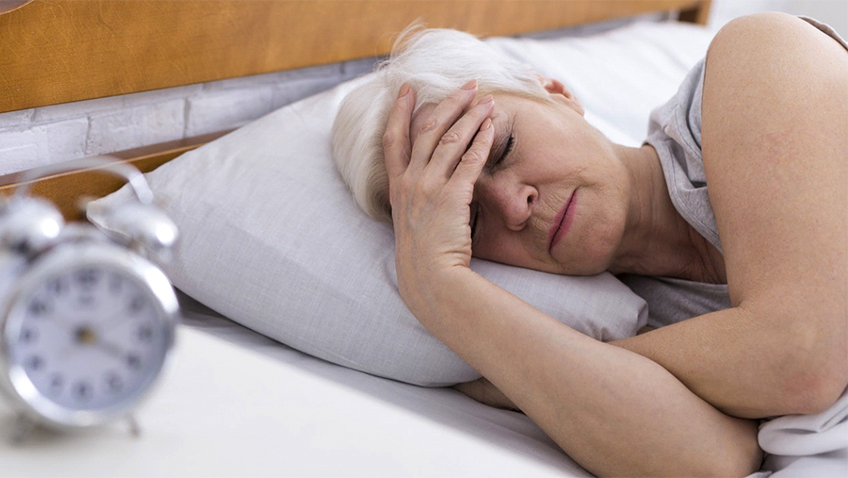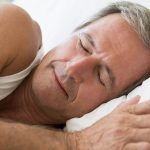Many of us do and it is a fact of life that as you age, your ability to sleep and the regularity of your sleep patterns do become affected.
But it’s also a well known fact that getting the right amount of sleep has major health benefits in terms of your mental and physical well being. But if you struggle to get your eight hours a night, what can you do to help and improve both the length and the quality of the sleep that you get?
What affects our ability to sleep?
Sleep apnoea affects many people. This is where you may get interrupted sleep as a result of your breathing stopping and starting irregularly, you may be making gasping, snorting or choking noises as you struggle for air, you may have broken sleep and wake up a lot or you may snore loudly.
Sleep apnoea is where the soft tissues in the throat collapse temporarily, hence why you have problems breathing, and can be caused by you being overweight, particularly if you are carrying excess weight around your abdomen and neck.
For women, the menopause can be a major disruptor of your sleep patterns especially when you suffer from hot flushes. Not many people realise that to fall asleep your body temperature actually has to decline by around 1 degree, therefore it’s important to avoid any type of activity that can raise this before you go to bed, but of course hot flushes are natural, so therefore difficult to avoid.
Believe it or not giving up work can affect your ability to sleep. This is because when you are in work you have a steady routine – you probably wake up at the same time each day and you have the physical exertion of working which can cause tiredness which will help you sleep.
As you grow older the chances are that you will be prescribed medication to help with health conditions. Many medications can also affect your ability to sleep or can be a contributor to broken sleep.
With age also often comes the problem of insomnia where no matter what you do or try you always have trouble in getting a good night’s sleep. There can be many reasons behind insomnia, some of which have already been mentioned, however, age related insomnia becomes harder to treat.
What can you do to make it better?
Well, each of the problems can be treated in different ways. For sleep apnoea it might be something as simple as losing the excess weight that you are carrying. But if that doesn’t work then you might have to seek help from other sources. If it is a problem then visit your GP and ask them to look at prescribing you what is called a CPAP machine. This gently pumps air into a mask that you wear over your nose and mouth at night while you sleep and is aimed at keeping those airways open and thus stopping the snoring and other problems that sleep apnoea causes.
For women going through the menopause you should try and follow a regular sleep schedule by going to bed at the same time each night, also try and avoid napping in the late afternoon or evening.
Diet can also help, so avoid large meals in the evening and try to avoid consuming caffeine after 6.00pm at night. Dehydration can also cause you to wake in the night so make sure you drink some water before you go to sleep and keep a glass topped up by your bedside.
You should also try and keep your bedroom at a comfortable temperature, keep it as quiet as you can and shut out artificial light, all of which can trigger you to wake during the evening.
If you have retired, then try to maintain some similar form of routine. For example try to get up and go to bed at the same time as you did before. Maybe take a walk or do a little exercise each day to use up some of the energy that you previously used when working.
If medications are affecting your sleep patterns then talk to your GP as alternatives with different or no side effects may be available. However, sometimes it is just a fact of life that some of the medications you are prescribed will lead to broken sleep – and alternatives may not be available.
If you suffer from insomnia because of age then again discuss this with your GP. It may be that a course of cognitive behavioural therapy for insomnia (CBTi) can help whereby a therapist will work with you to try and change your attitudes to sleep and introduce a routine to your pre sleep activities. CBTi is available on the NHS and has a good track record of success.
Whatever it is that affects your ability to get a good night’s sleep it’s important that you do something about it and not let it affect you long term. To do so can bring on other health related conditions and that’s something we should all try and avoid at all costs.





